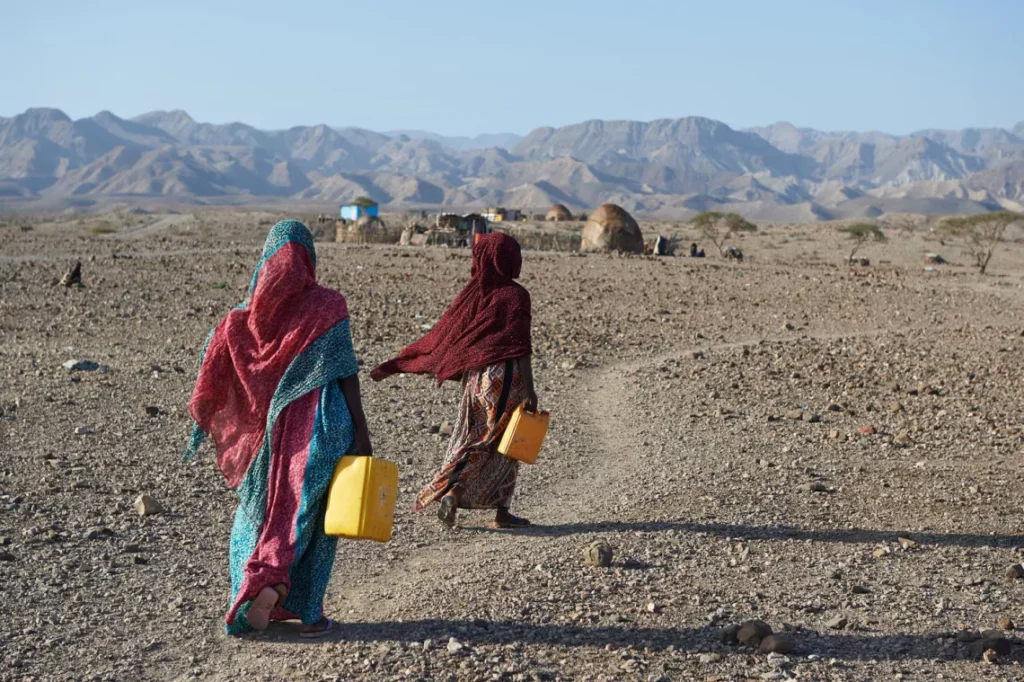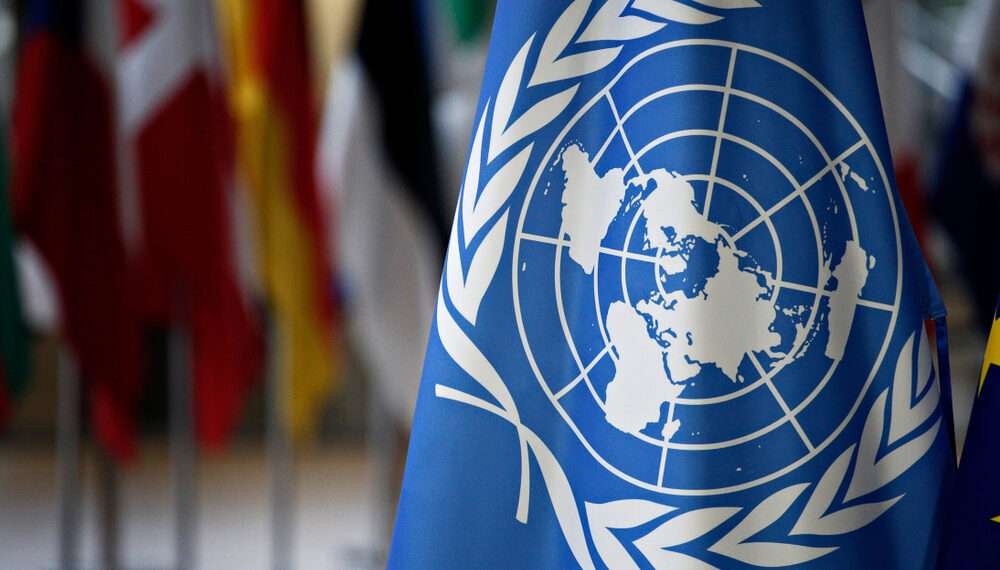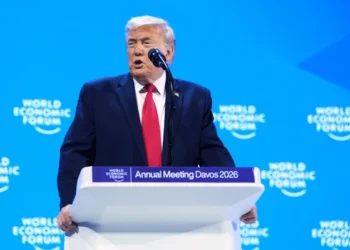A new report from the United Nations is sounding the alarm about a growing problem: water scarcity.
According to the UN World Water Development Report 2024, released on Friday, March 22, the lack of clean water is not only causing conflicts but also making the world a more unstable place.
The report highlights some staggering numbers: a whopping 2.2 billion people worldwide don’t have access to clean drinking water, and an even larger number, 3.5 billion people, lack proper sanitation facilities.
One of the most vulnerable groups affected by this crisis is girls and women, especially those living in rural areas. They often bear the brunt of the burden, as they are primarily responsible for gathering water supplies for their families.
“Water shortages not only fan the flames of geopolitical tensions but also pose a threat to fundamental rights as a whole, for example, by considerably undermining the position of girls and women,” UNESCO chief Audrey Azoulay said.
While the report did not examine specific current conflicts, Israel has severely restricted access to fresh, clean water during its war on Gaza.
UN agencies have been sounding the alarm for quite some time now, and their message is clear: the lack of clean water isn’t just putting children and women at risk of hunger and dehydration; it’s also wreaking havoc on medical care and hygiene.
Furthermore, water scarcity is also driving people to migrate, putting immense pressure on resources in the areas where they settle. A study conducted in Somalia revealed a staggering 200 percent increase in gender-based violence among a group of displaced people, highlighting the dire consequences of water insecurity.
Furthermore, researchers have found that at least 10 percent of global migration is directly linked to water stress. With the world facing increasingly unpredictable weather patterns due to climate change, the situation is only expected to worsen.
The report also said, “Global warming is projected to … further increase the frequency and severity of droughts and floods, with more wet and very dry weather and climate events.”
International Collaboration for Water Management

The latest report, titled “Water for Prosperity and Peace,” brings to light a stark reality: nearly half of the global population is grappling with severe water scarcity, with some regions enduring water shortages almost year-round.
Unfortunately, it’s the poorer nations that bear the brunt of these consequences, struggling more significantly to cope with the challenges. According to the report’s findings, an estimated $114 billion per year would be needed to ensure access to safe drinking water, sanitation, and hygiene services in 140 low- to middle-income countries.
“It’s not just a water problem for people in Syria. It’s not just a water problem for people in Sudan. … It’s a water problem for all of us because we grow our food with freshwater whether it’s irrigated or whether it’s rain-fed, and when you have climate change on top of an already existing water crisis, then we have an inability to feed ourselves.”
Quentin Graft
UN Chief Antonio Guterres said in a statement marking World Water Day on Friday that although 153 countries share water resources, only 24 have signed agreements covering all of their shared water.
Sonja Koeppel, Secretary of the UN Water Convention stated that about 60 percent of all freshwater resources are shared by two or more countries. This includes major rivers like the Rhine and Danube in Europe, the Mekong in Asia, the Nile in Africa, and the Amazon in South America.
The convention was established in 1992 to help foster responsible joint management of water resources in Europe but opened up in 2016 to countries around the world. It currently has 52 state parties, mainly in Europe, Asia, and Africa.
READ ALSO: Mercedes-AMG Unveils Sleek 2025 E53 Hybrid 4Matic+























